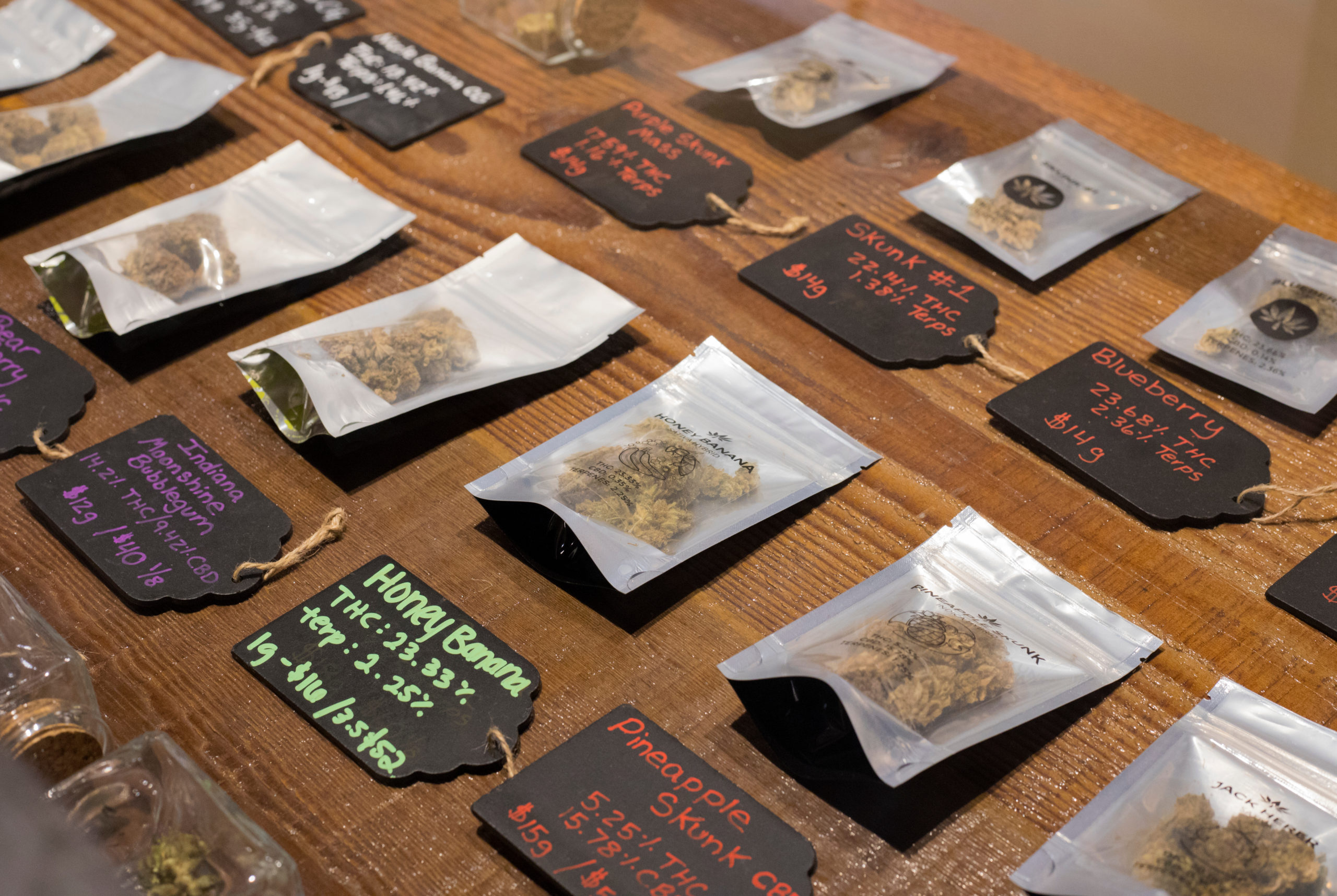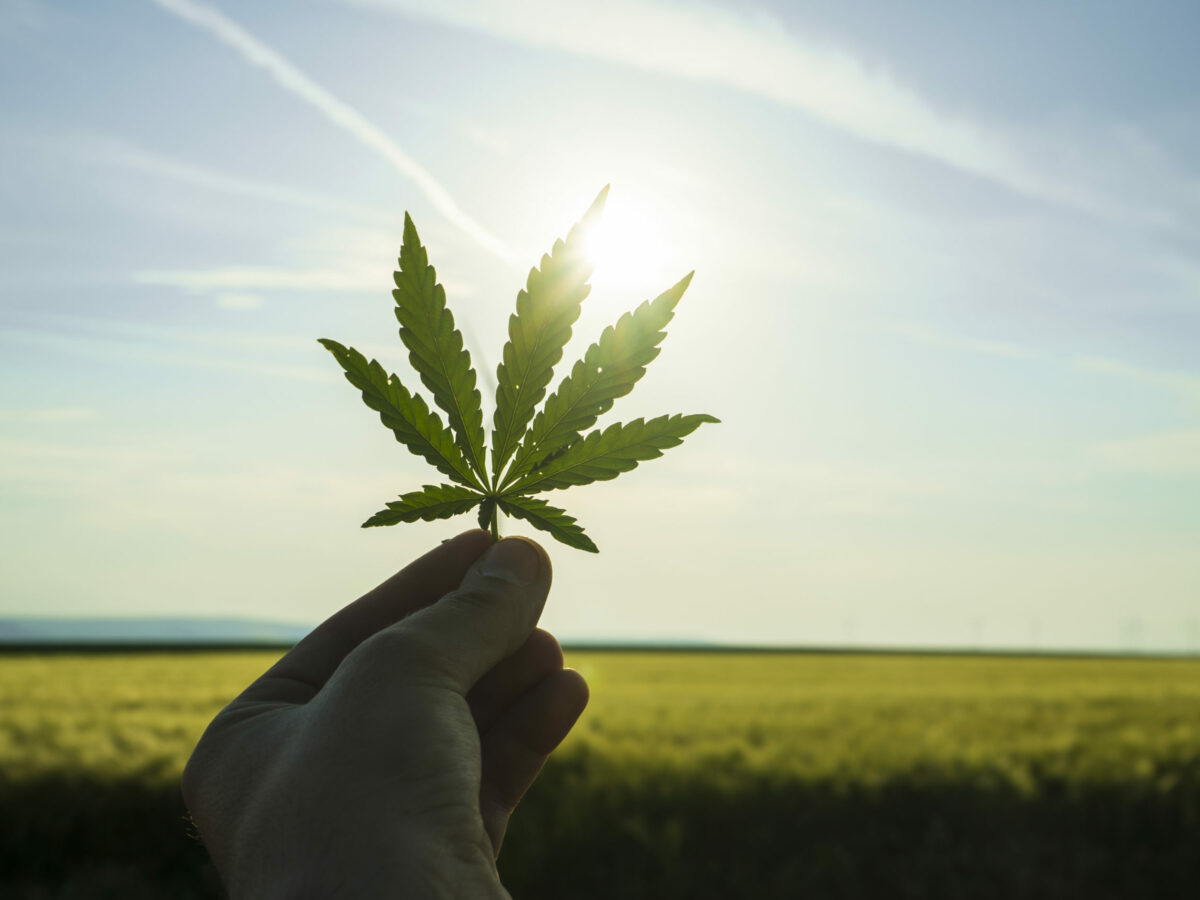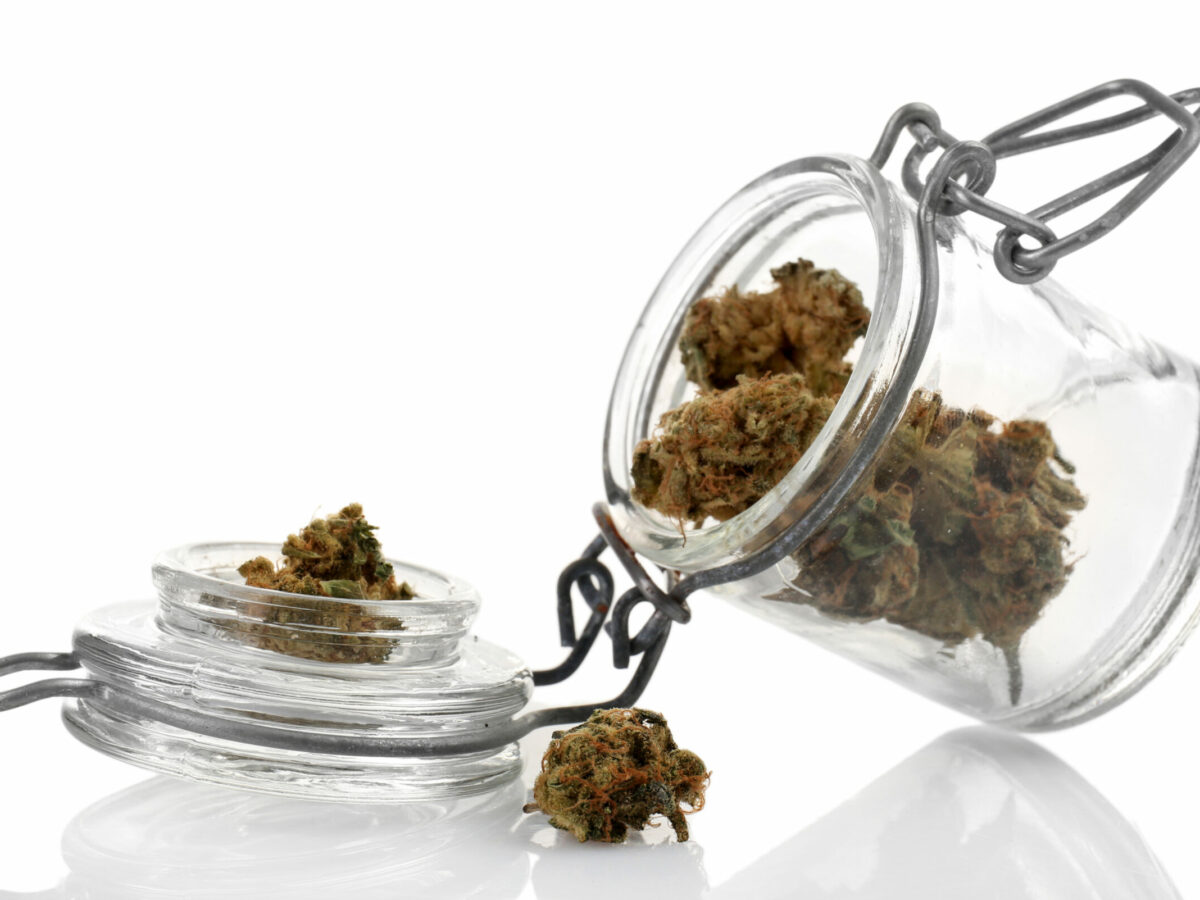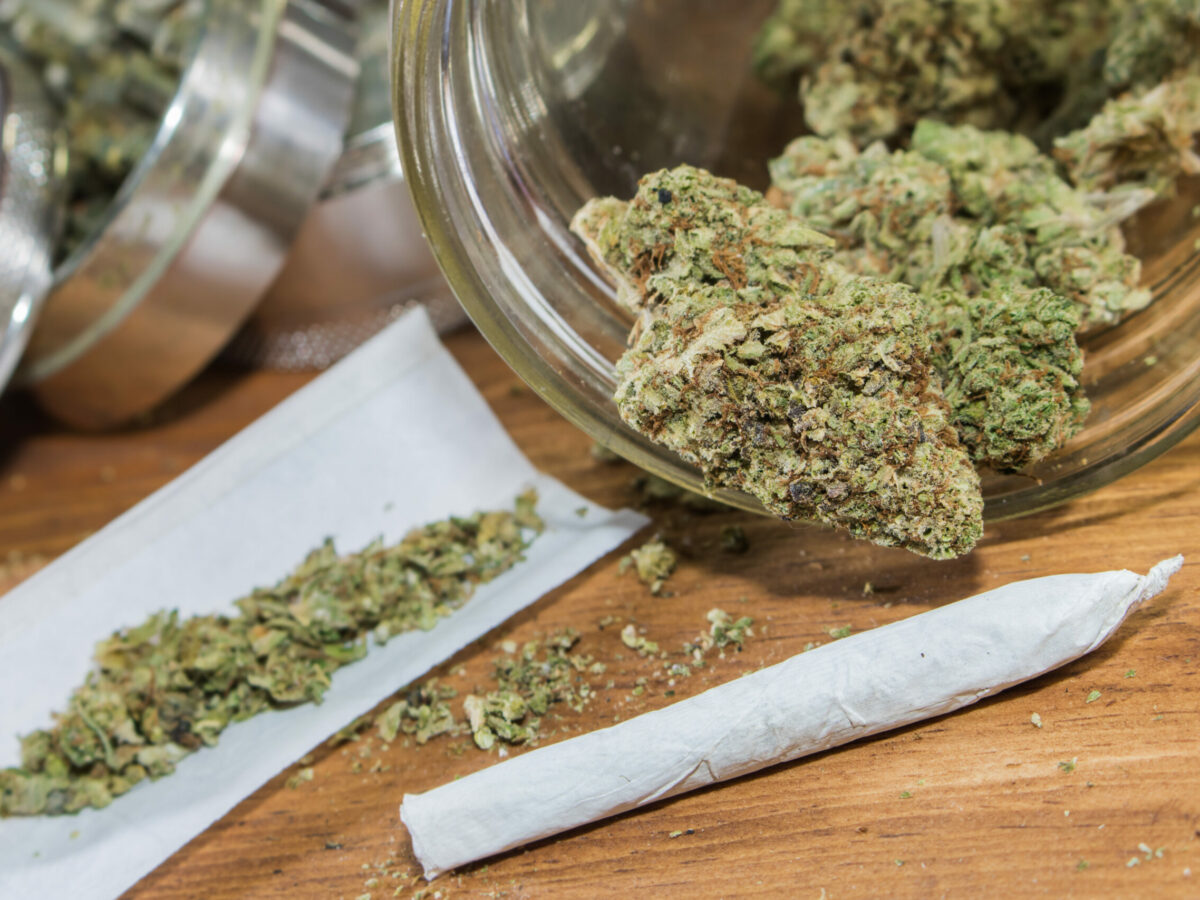The D.C. Council on Friday held a much-anticipated hearing on a bill to legalize recreational cannabis sales, getting live input from more than 100 witnesses on a wide range of questions, from how to tax weed businesses, to where they should be located and how to create an equitable industry.
The crux of the bill, which was introduced by D.C. Council Chairman Phil Mendelson in March, is to create a regulated market for adult-use cannabis, though it also proposes to expunge pot-related arrests and convictions and create tax-funded programs to address the historic harm of pot prohibition on communities of color.
Locally, the legislation has broad support from the mayor’s office to the council, and is expected to pass with little to no resistance. But it could run into a major roadblock if Congress fails to lift a lingering budget rider that for years has blocked D.C. from launching a regulated market for recreational pot.
Today, the ban has never been closer to being lifted. Both the House and Senate have advanced budget bills that omit the cannabis rider. But until both chambers pass a full budget for Fiscal Year 2022, D.C. Mayor Muriel Bowser will be legally prohibited from signing legislation to legalize retail weed.
“We can only have a hearing on this bill and be ready when Congress lifts the prohibition,” Mendelson said in opening remarks on Friday.
Ward 6 Councilmember Charles Allen, a co-sponsor of Mendelson’s bill, said the hearing would be important to distinguish “the difference between opportunity and inclusion, and in what ways our legislation needs to be intentional to achieve that.”
While only a handful of witnesses opposed legalizing cannabis sales outright, many had concerns about how a legal market for recreational weed would work, and how it would affect daily life in the District.
A large chunk of the hearing focused on how to address the dozens of storefronts and delivery services who sell weed in D.C. by “gifting” it with the purchase of potted plants, t-shirts, or art. Those businesses, also known as the gray market, operate largely without police intervention thanks to a legal loophole in Initiative 71, a 2014 ballot measure that legalized the possession of cannabis in the District.
Mark Eckenwiller, a commissioner for ANC 6C, which includes NOMA and the H Street Corridor, said the proliferation of “gifting” shops in his neighborhood has created “unsustainable” conditions.
“We have one of the densest clusters of cannabis sales operations in the District,” he said. “Within one block of Fourth and H Northeast, we have three existing storefronts, a fourth on the verge of opening and at least one covert outlet.”
Eckenwiller said cannabis “gifting” shops have attracted drug dealers and led to unsanitary conditions in his neighborhood, prompting “constant resident complaints.” He recommended the council ramp up enforcement against unpermitted weed businesses and require mandatory spacing between shops.
Anacostia ANC chair Salim Adofo said that the presence of too many cannabis shops in Ward 8 could put residents “at a disadvantage” in a neighborhood that already lacks basic amenities like grocery stores.
Several medical weed businesses called on the council to protect patients and to protect their bottom line by addressing what they see as unfair competition from the gray market.
David Julyan, a lawyer for District Cannabis, a medical weed cultivator based in Ward 5, called on authorities to ramp up enforcement against “gifting” shops. He said D.C.’s gray market is worth an estimated $600 million dollars –– roughly 17 times more than the District’s legal medical market.
“There are no district laws, regulations or initiatives that authorize what these illegal operations are doing,” he said.
Corey Barnette, the owner of Kinfolk medical dispensary in Ward 6, said the legalization of retail sales will be a failure if D.C. authorities don’t rein in the gray market first. “I don’t see how there is a way to have a successful program… if you don’t first cause operators to close their doors and apply for licenses and adhere to the regulations.”
Many advocates raised concerns about inadequate testing for cannabis products both for D.C.’s medical program and on the gray market.
Kris Furnish, co-founder of advocacy group Maryland Marijuana Justice, called for more stringent testing of cannabis products, noting that D.C.’s medical weed program has for years operated without a testing facility, putting patients at risk of consuming unsafe products.
“The use of chemical pesticides and fertilizers on cannabis must be documented and if detected these tainted products should not be allowed to be sold in dispensaries, especially in the case of medical patients,” Furnish said.
She recommended precise labeling for weed products, recounting the case of a D.C. resident whose epileptic daughter suffered a seizure after consuming a pesticide-laced product purchased at a local medical dispensary.
“The bottom line is cannabis must be tested and the results should be listed in the products certificate of analysis,” Furnish said. “Labeling would ensure the products we consume are free of unwanted dangerous chemicals that could make [people] very sick.”
Other witnesses applauded Mendelson’s bill for focusing on social equity and on creating opportunities for people harmed by cannabis prohibition.
Doni Crawford, Senior Policy Analyst at the DC Fiscal Policy Institute, said the social equity provisions written into Mendelson’s bill make it “arguably the best in the nation.”
However, she said the legislation could be strengthened by allocating 100% of future tax revenue to programs that bolster communities harmed by The War on Drugs.
“Until we ensure that this industry is as restorative and racially inclusive as possible, all monies should be devoted to that purpose,” Crawford said.



